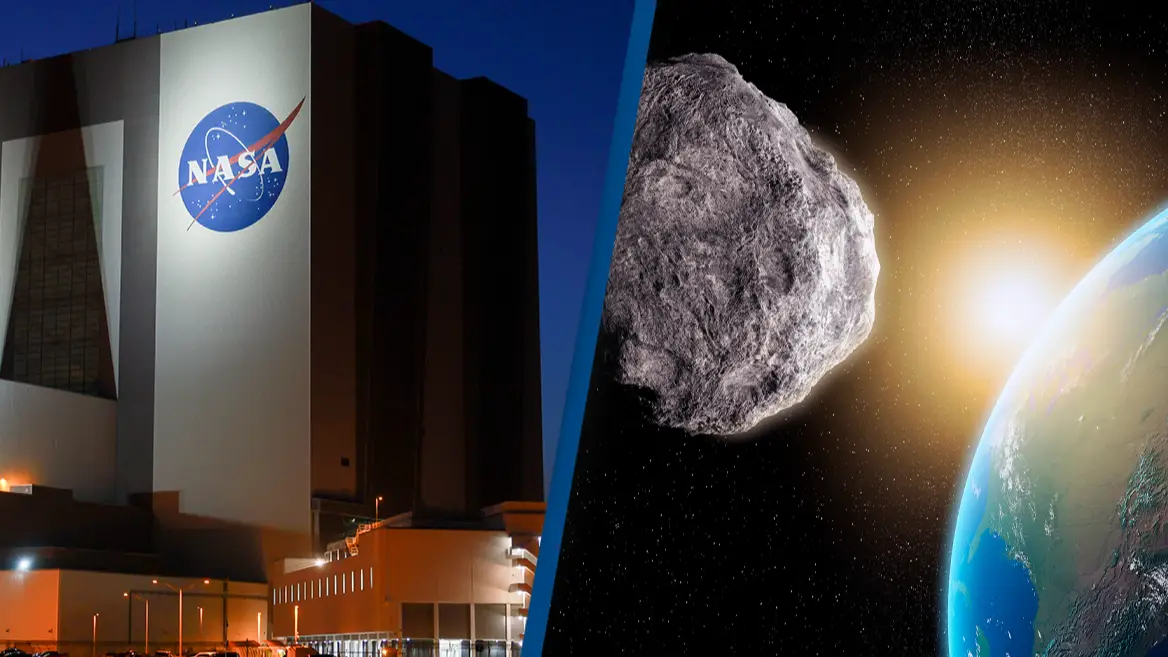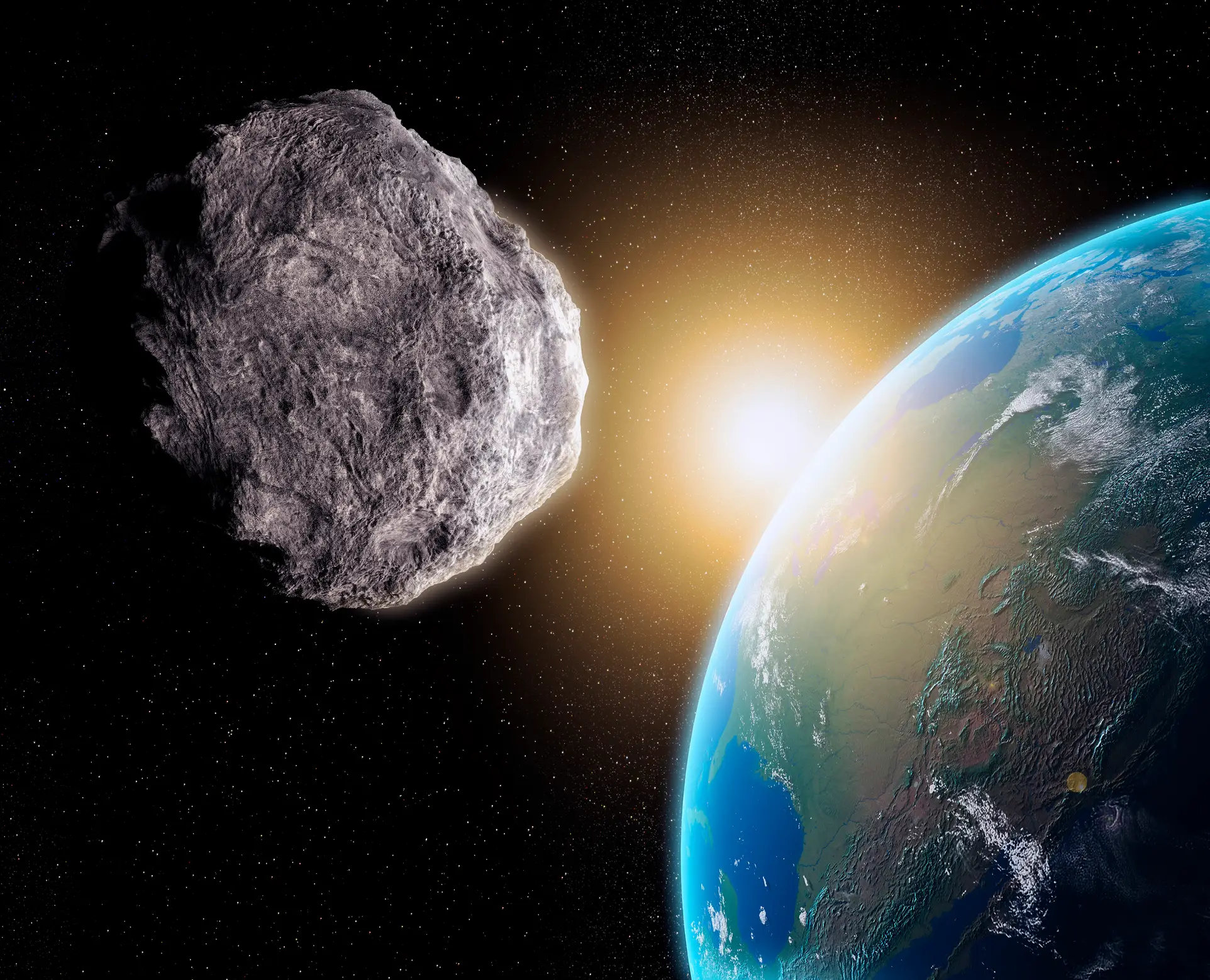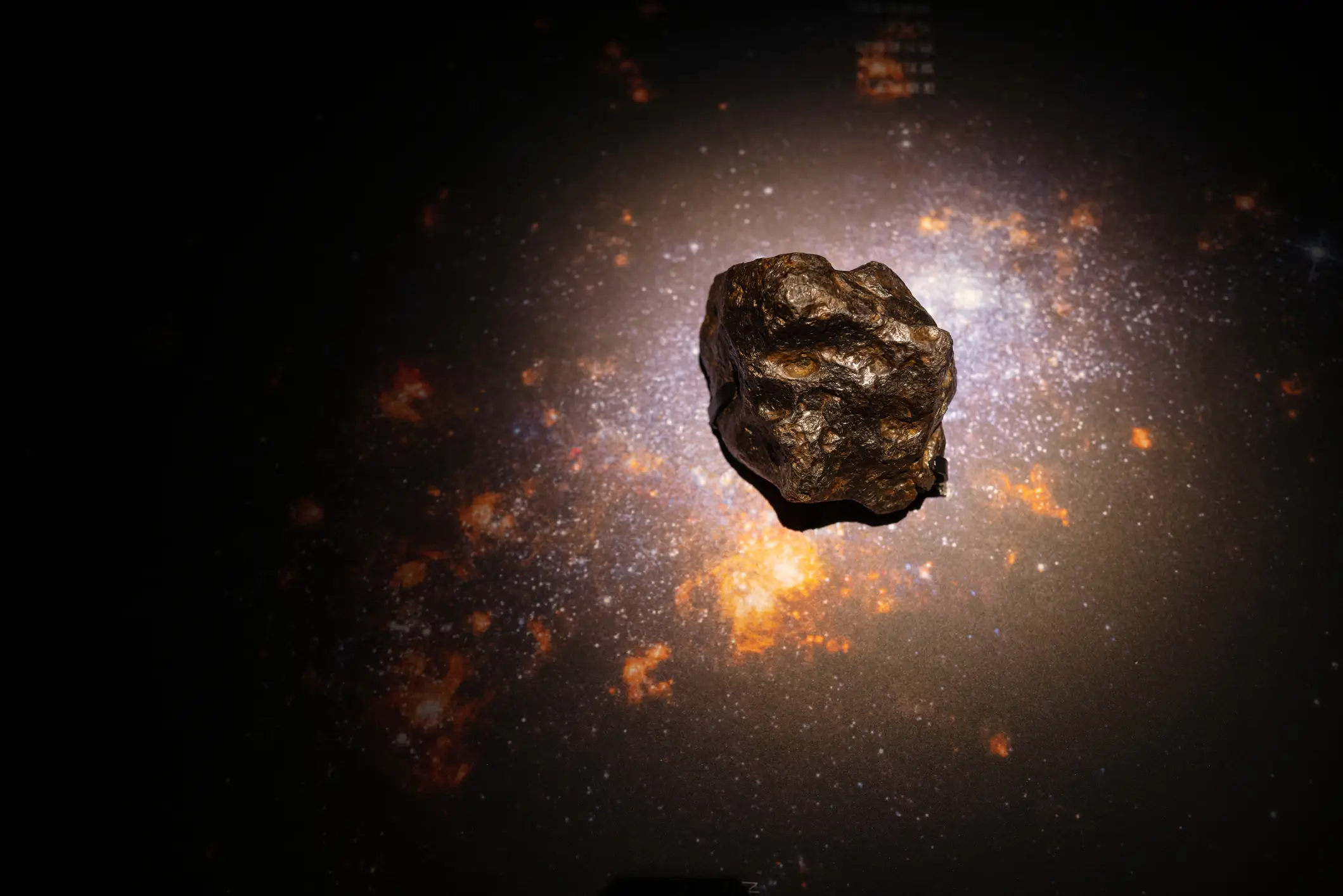
So there's an asteroid that has a 72 percent chance of hitting Earth in the next 14 years - what is NASA going to do?
That's the - don't panic - hypothetical scenario the folks at NASA have recently been trying to respond to in case a world-ending impact is ever on the cards.
Asteroids are small, rocky objects that orbit the sun. While they're smaller than planets, you certainly wouldn't want one to be heading towards Earth, never mind hitting it.
Which is why astronomers over at NASA have been preparing for this very event.
Advert

The hypothetical scenario has seen scientists testing a simulation in which they planned for the possibility of an asteroid having a 72 percent chance of hitting our planet in 14 years.
In a report, NASA explained that while there is no known significant threat of an asteroid hitting Earth for the foreseeable future, hypothetical exercises like this one are invaluable.
“The uncertainties in these initial conditions for the exercise allowed participants to consider a particularly challenging set of circumstances,” said Lindley Johnson, planetary defense officer emeritus at NASA Headquarters in Washington.
“A large asteroid impact is potentially the only natural disaster humanity has the technology to predict years in advance and take action to prevent.”
During the simulation - which took place at the John Hopkins Applied Physics Laboratory in Maryland - nearly 100 experts were asked to consider a response to the event, should it ever happen.
Unfortunately, initial findings were not 'sufficient' in understanding the asteroid's size and route of travel.
The scenario was made even more difficult by the fact that observations would need to be delayed by seven months.
This was because in the hypothetical scenario, the asteroid had passed behind the sun, shortly after being discovered.
“Our mission is helping people before, during, and after disasters,” said Leviticus 'LA' Lewis, Federal Emergency Management Agency (FEMA) detailee to NASA’s Planetary Defense Coordination Office.
“We work across the country every day before disasters happen to help people and communities understand and prepare for possible risks.
"In the event of a potential asteroid impact, FEMA would be a leading player in interagency coordination.”

The exercise used data from NASA's Double Asteroid Redirection Test (DART) mission, which helps defend Earth from the threat of asteroids.
Meanwhile, NASA's NEO Surveyor - which is designed to speed up the detection of objects heading for Earth - is currently being developed.
It's expected the NEO Surveyor will launch in June 2028.
Following the simulation, NASA will release a full report identifying the strengths and weaknesses of the report, including learnings and recommendations for how the response could be improved.
